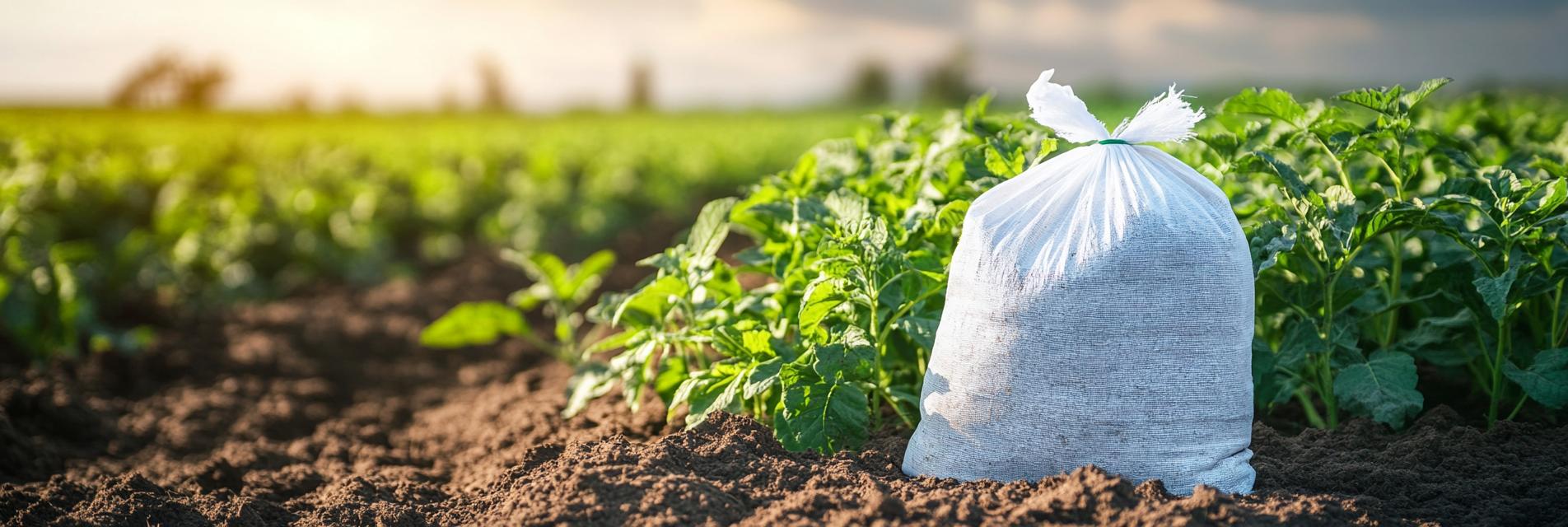Modern agriculture is an ever-evolving field that harnesses technology and innovative practices to enhance food production worldwide. As the global population continues to grow, the demand for efficient agricultural practices becomes imperative. With advancements in farming technology, farmers can now optimize their farming methods to increase yields and reduce waste.
One of the key components driving this transformation is the use of potash fertilizers. Potash is a critical nutrient that helps plants thrive by enhancing their growth and overall health. It plays a vital role in photosynthesis, nutrient uptake, and disease resistance, making it an essential input for modern agriculture.
The application of potash fertilizers leads to significant improvements in crop production. Studies have shown that crops treated with potash fertilizers experience increased yields, improved quality, and better resistance to environmental stressors. This not only benefits farmers economically but also contributes to global food security.

Incorporating potash fertilizers into agricultural practices is not only about increasing yields. It is also about promoting sustainable farming. By enhancing soil quality and reducing the need for excess water and pesticides, potash fertilizers support environmentally friendly farming methods that can lead to long-term agricultural sustainability.
In summary, modern agriculture and potash fertilizers are pivotal in addressing the challenges of food production in our changing world. Through continuous innovation and the adoption of best practices, we can ensure a secure food supply while also protecting our planet for future generations.

